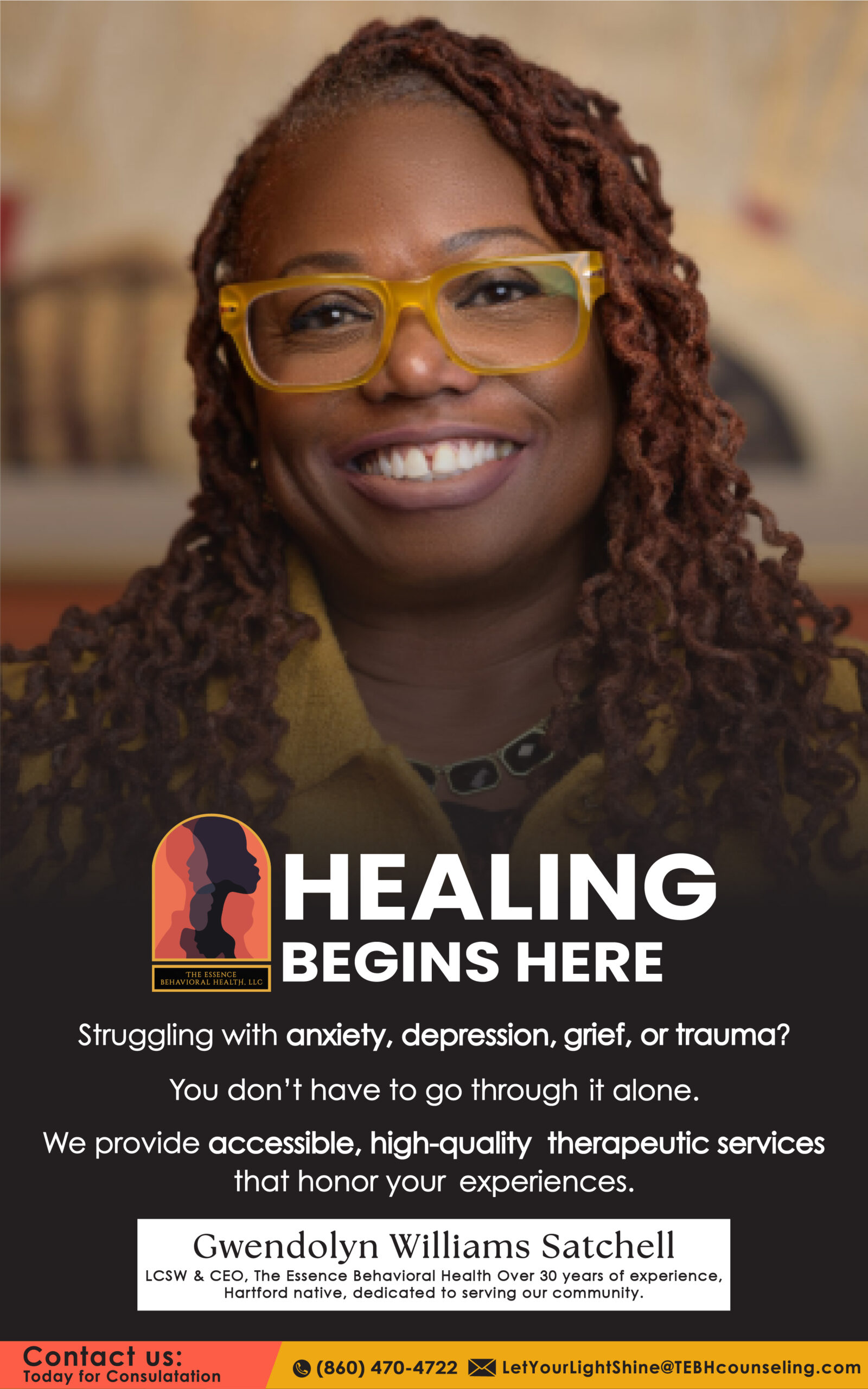By Erika Brown
The truth is Black people are overwhelmingly broke. In 2021, nearly 25% of Black families in the United States had either no wealth (what you own minus what you owe) or negative wealth, according to data from the Pew Research Center. The median wealth of Black families is only 15% of white families’ median wealth. Given the startling reality of these numbers, it is no wonder that social media and group chats are rife with people offering apparent solutions to financial woe.
Financial education and financial literacy tools are often offered as solutions for fighting wealth inequality. But this sleight of hand replaces the macro with the micro and disguises a larger societal dilemma: Can economic inequality be solved through individual-level discipline and focus?
To be clear, there is nothing wrong with people making (and sticking to) budgets, learning about saving money, or planning for retirement. Using the principles of financial literacy to successfully manage finances is a foundational skill in a capitalistic society like the U.S.; learning the basic rules of this uber-complex financial system can help avoid costly financial errors. However, some financial liberation messages are actually anti-Black rhetoric dressed up as helpful hints. The result is cash-strapped Black Americans being lured into risky ventures they cannot afford, often by celebrities, to achieve a fantasy of financial literacy.
There is no universal definition of financial literacy. Many people believe it is the ability to manage one’s money well. Still others suggest it is related to specific skills, like budgeting, saving, managing debt, and planning for retirement. Within the Black community, financial literacy is defined as something that includes investing in the stock market, buying and selling real estate, and achieving the elusive goal of building generational wealth.
One of the ways purveyors of financial education attract followers is by using celebrity to capitalize on the Black community’s rich dreams and respectability-based fears. Recently, The Breakfast Club, a morning show with millions of monthly listeners and viewers, offered a key example of this pattern. DJ Envy, one of The Breakfast Club’s co-hosts, used his position on the show to promote his part-time career as a real estate guru. DJ Envy partnered with Cesar Pina to teach mostly Black and Latinx audience members how to buy houses to fix up and either flip or rent.
In October 2023, federal prosecutors in New Jersey charged Pina with one count of wire fraud. Investors have also filed at least 20 lawsuits against Pina for allegedly roping them into a Ponzi scheme and defrauding them out of millions. Though DJ Envy insists he had no knowledge of Pina’s involvement in any alleged wrongdoing, he still leveraged his visibility to introduce millions of listeners to an alleged scammer. As of 2020, Black families had a median annual income of $46,000, so losing money in real estate, like DJ Envy did, poses a significant risk.
The past decade has also introduced cryptocurrency and digital assets (e.g., Bitcoin and non-fungible tokens, or NFTs) as staples in many financial education curricula. For example, Earn Your Leisure, one of the largest Black financial literacy platforms, has focused heavily on crypto content, both on its shows and in its courses.
Earn Your Leisure’s Market Mondays show has devoted more than 15% of its episodes to discussions about crypto, Bitcoin, and NFTs. Earn Your Leisure is not alone in pushing crypto. In June 2022, Jay-Z and Jack Dorsey launched Bitcoin Academy at Brooklyn’s Marcy Houses, a 12-week “financial literacy” course that gifted its graduates $1,000 in Bitcoin.
Perhaps these types of content and programs are one of the reasons a 2022 Ariel-Schwab survey found Black investors are more than twice as likely as white investors to say cryptocurrency was their first investment. This statistic is alarming because cryptocurrency’s inherent volatility makes it an unreliable investment for most people, including housing project residents who may need access to quick cash. Additionally, 95% of NFTs are now worthless.
Short- and long-term planning, as well as risk mitigation, should be key tenets of financial education. But programs like Bitcoin Academy have put those who are least prepared to handle precarious financial ventures in some of the market’s riskiest instruments.
In addition to encouraging high-risk investing, many financial literacy experts also traffic in anti-Black tropes. Key among them is Boyce Watkins, founder of the Black Business School, which is not an accredited program but a platform where you can buy his courses on everything from hotel management to homeschooling. Watkins has a history of giving speeches riddled with respectability politics to his audience of more than 1 million followers across social media platforms.
Watkins talks to his subscribers about the perceived conspicuous consumption in the Black community: “If our people put as much money in the stock market as we put into purchasing fast food, every family would be out of poverty in half a generation.” Instead of promoting a message about the historical perils of racial capitalism, Watkins focuses on individual actions. He lays the blame of Black economic strife at the feet of Black people rather than the system that created this unequal economic reality.
Black Americans have a history of using ingenious financial strategies to make a dollar out of 15 cents. However, financial education should not require them to take significant risks. Every scheme includes a morsel of truth. Yes, financial education can be beneficial, and many Black people are broke and trying to maintain themselves in spite of challenges.
But shared identity doesn’t always lead to solidarity. Celebrity spokespeople are spending an inordinate amount of time lining their own pockets while claiming they’re offering financial advice “for the culture.” We must ask ourselves who we’re trusting to give us sound financial advice.
“Just because you’re a celebrity doesn’t mean you have the actual knowledge,” DJ Envy once said. On this point, we agree.
This editorial was originally published in YES Magazine.






